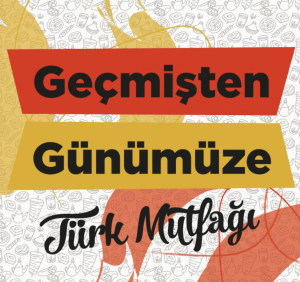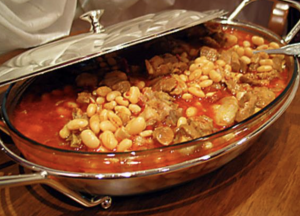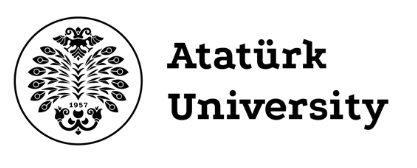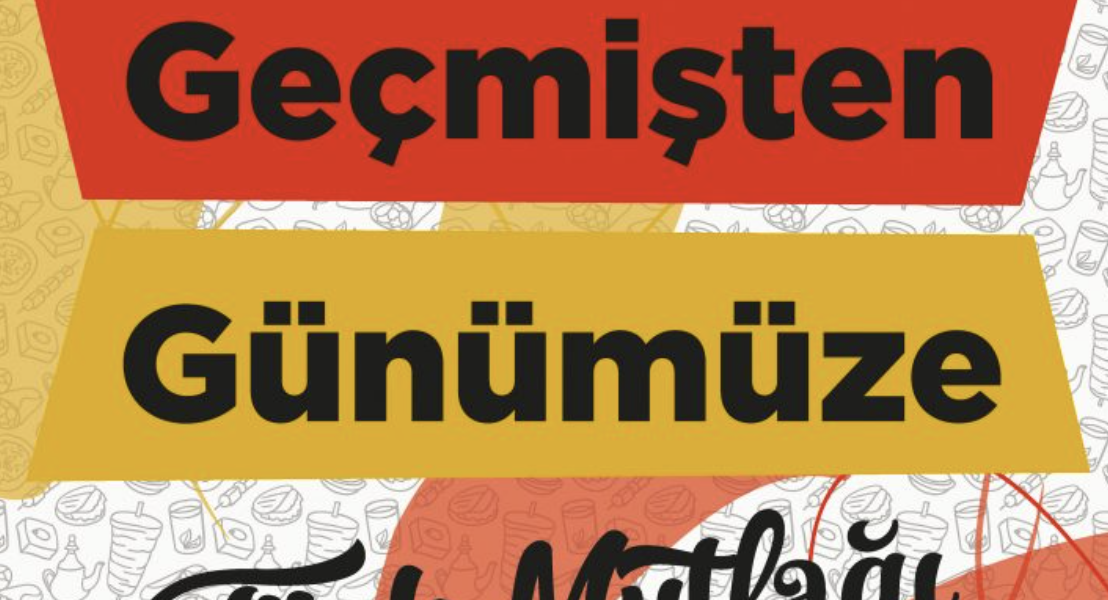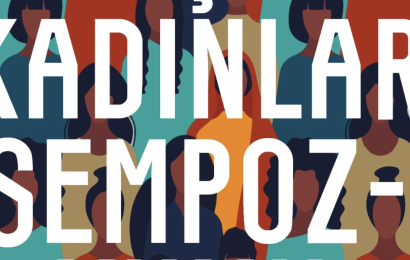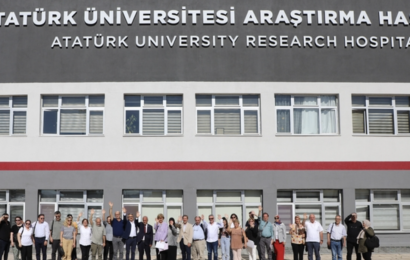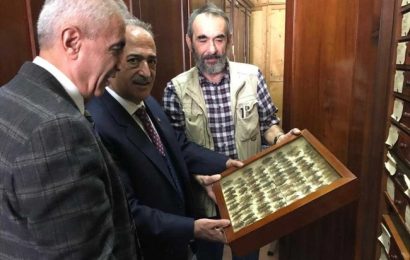Türk mutfağı, zengin bir tarihe ve çeşitliliğe sahip bir mutfak kültürüdür. Atatürk Üniversitesi‘nin düzenlediği “Geçmişten Günümüze Türk Mutfağı” paneli, bu zengin mirası anlamak ve tanımak adına önemli bir platform sunmaktadır.
Türk mutfağı, coğrafi konumu, tarihî süreçleri ve kültürel etkileşimleriyle biçimlenmiş, lezzetli ve çeşitli yemekleriyle tanınır. Tarihte Anadolu toprakları üzerinde birçok medeniyetin hâkimiyeti ve etkileşimi, Türk mutfağını şekillendiren önemli unsurlardan biridir. Özellikle Selçuklu ve Osmanlı İmparatorlukları döneminde, bu coğrafyada farklı kültürlerin buluşmasıyla birçok yeni yemek tarifi ortaya çıkmıştır.
Türk mutfağının karakteristik özelliklerinden biri, geniş bir yelpazede yer alan çeşitli yöresel lezzetlerdir. Her bölgenin kendine özgü tatları, malzemeleri ve pişirme teknikleri bulunmaktadır. Örneğin, Ege Bölgesi’nde zeytinyağlı yemeklerin hakim olduğu bir mutfak kültürü varken, Doğu Anadolu’da et ağırlıklı ve baharatlı yemekler ön plandadır. Karadeniz, Akdeniz, İç Anadolu, Güneydoğu Anadolu gibi bölgelerin kendine özgü tatları Türk mutfağının zenginliğini oluşturur.
Panelde, Türk mutfağının tarihsel gelişimi, yöresel çeşitlilikleri, temel malzemeleri ve yemek pişirme teknikleri üzerine derinlemesine bir analiz yapılarak, bu mirasın günümüze etkileri ve gelecekteki muhtemel yönleri üzerinde odaklanılabilir. Aynı zamanda, Türk mutfağının uluslararası alanda tanıtılması ve küresel bir lezzet noktası haline getirilmesi için yapılması gerekenler de ele alınabilir.
Türk mutfağı sadece yemek pişirme tekniklerini öğretmekle kalmaz, aynı zamanda bir kültür, tarih ve toplumsal dokunun da bir yansımasıdır. Panel, katılımcılara Türk mutfağının derinliklerine bir yolculuk yapma fırsatı sunabilir ve katılımcıların bu zengin mirası daha iyi anlamalarına olanak tanıyabilir.
Sonuç olarak, “Geçmişten Günümüze Türk Mutfağı” adlı panel, Türk mutfağının zenginliklerini, tarihini ve geleceğini ele alarak, bu eşsiz mirasın önemini vurgulayabilir ve bu alanda ilgi duyanları bilgilendirip ilham verebilir.
The Turkish cuisine is a culinary culture with a rich history and diversity. The panel “From Past to Present: Turkish Cuisine” organized by Atatürk University provides an important platform to comprehend and define this rich heritage.
Shaped by its geographical location, historical processes, and cultural interactions, Turkish cuisine is renowned for its delicious and varied dishes. The dominance and interaction of various civilizations on the Anatolian lands throughout history have been crucial in shaping Turkish cuisine. Particularly during the periods of the Seljuk and Ottoman Empires, the convergence of different cultures in this region led to the emergence of numerous new recipes.
One of the characteristic features of Turkish cuisine is the wide array of diverse regional flavors. Each region boasts its unique tastes, ingredients, and cooking techniques. For instance, while the Aegean region is known for its cuisine rich in olive oil dishes, Eastern Anatolia predominantly offers meat-based and spicy meals. The distinct flavors from regions like the Black Sea, Mediterranean, Central Anatolia, Southeastern Anatolia, among others, contribute to the richness of Turkish cuisine.
The panel can delve deeply into the historical development of Turkish cuisine, regional diversities, fundamental ingredients, and cooking techniques, focusing on the impact of this heritage on the present and its potential future directions. Moreover, it can address the necessary steps for promoting Turkish cuisine internationally and transforming it into a global culinary destination.
Turkish cuisine not only teaches cooking techniques but also reflects a culture, history, and societal fabric. The panel offers participants an opportunity to embark on a journey into the depths of Turkish cuisine, enabling them to gain a better understanding of this rich heritage.
In conclusion, the panel titled “From Past to Present: Turkish Cuisine” can emphasize the significance of Turkish cuisine by exploring its richness, history, and future, while enlightening and inspiring individuals interested in this field.
